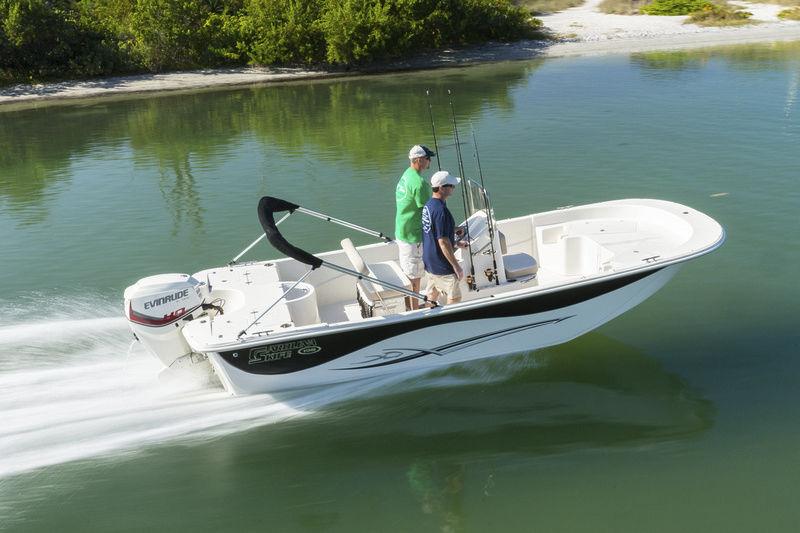The Growing Challenges of Small Boats in UK Waters

Introduction
In recent months, the issue of small boats crossing the English Channel has gained significant attention in the United Kingdom. This topic has prompted discussions on safety, immigration, and maritime law, reflecting its importance in the context of national security and community welfare.
Current Situation
According to the UK Home Office, over 45,000 small boat crossings were recorded in 2022, a substantial increase compared to previous years. This surge has raised alarms not only about the rising number of migrants seeking asylum in the UK but also about the safety implications for those travelling in precarious vessels. Recent reports have highlighted tragic incidents, where overcrowded small boats capsized, leading to loss of life.
As these events unfolded, the government has been under pressure to respond effectively. Measures have been proposed, including increasing patrols in the Channel and enhancing cooperation with French authorities to combat human trafficking networks. However, critics argue that these measures may not address the root causes of why individuals choose to make such dangerous crossings.
Community Impact
The arrival of small boats has also had a notable impact on coastal communities, particularly in Kent and other southern regions. Local residents have expressed concerns about safety, access to services, and the strain on local resources. In response, community groups have emerged, offering support to migrants whilst advocating for balanced discussions around immigration policies.
Future Outlook
Moving forward, the small boats issue remains complex, intertwining humanitarian concerns with legal and political ramifications. New legislation, including the Illegal Migration Bill, is expected to be a focal point in Parliament, potentially reshaping the framework for dealing with small boat crossings.
Conclusion
The growing frequency of small boat crossings poses significant challenges to the UK, necessitating a multifaceted response. As debates continue, it is crucial for stakeholders, including government officials, community members, and humanitarian organisations, to collaborate in finding solutions that address both the immediate safety concerns and the underlying causes of migration. For readers, staying informed on this topic will be essential, as the outcomes of current discussions will likely shape the future of maritime policy and immigration in the UK.
